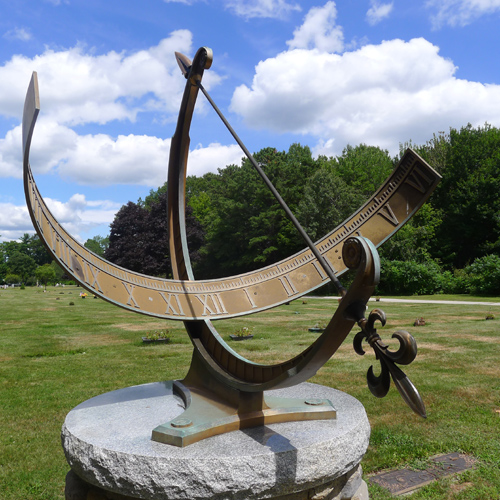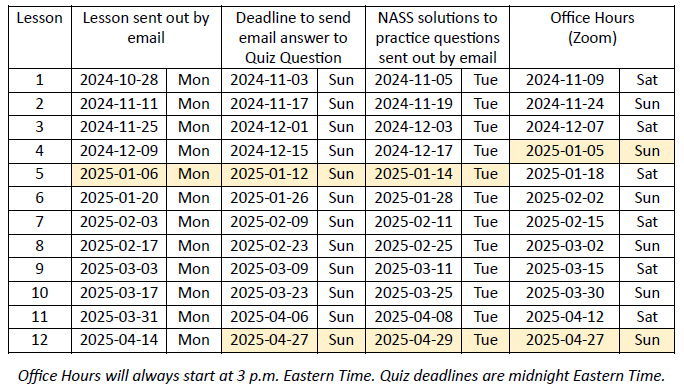 Once again NASS presents Elements of Dialing, a twelve week course covering the basics of sundials, led by Steve Lelievre. The course covers basic principles of how sundials work, calculations involved in designing sundials, types of time (systems of time measurement), and some of the history of sundials.The course is intended for people who are new to sundialing and who wish to learn some of the basic concepts and a little bit of the history. The course is ‘self study’ – participants receive lessons by email and study them in their spare time.
Once again NASS presents Elements of Dialing, a twelve week course covering the basics of sundials, led by Steve Lelievre. The course covers basic principles of how sundials work, calculations involved in designing sundials, types of time (systems of time measurement), and some of the history of sundials.The course is intended for people who are new to sundialing and who wish to learn some of the basic concepts and a little bit of the history. The course is ‘self study’ – participants receive lessons by email and study them in their spare time.
The course covers basic principles of how sundials work, calculations involved in designing sundials, types of time (systems of time measurement), and some of the history of sundials.
As the course proceeds, there are regular but optional online meetings, using Zoom. The Zoom meetings will be recorded and made available to all the coarse participants. In the live session, this gives participants the opportunity to discuss the course material and ask questions of the instructor. As well, the instructor is available via email to answer inquiries. Awareness of general math at high school level is helpful; the first lesson includes a short review of the basic functions of trigonometry.
The 12 lessons are scheduled to run from the start of November 2024 to the end of April 2025. Membership in NASS is not required to join the course. Each of the twelve lessons includes a few practice questions, one of which is a quiz question. Participants must send in an answer to the quiz question in order to receive the next lesson. There is no 'pass/fail' in this course but sending answers to the quiz questions allows the instructor be sure that the course is proceeding successfully.
This is the fourth instance of the course. This time, the course facilitator will be Steve Lelievre (This email address is being protected from spambots. You need JavaScript enabled to view it.). Contact Steve no later than October 26, 2024, for more information or to join the course. The course was inspired by, and loosely based on, the original Dutch version created Frans Maes.

